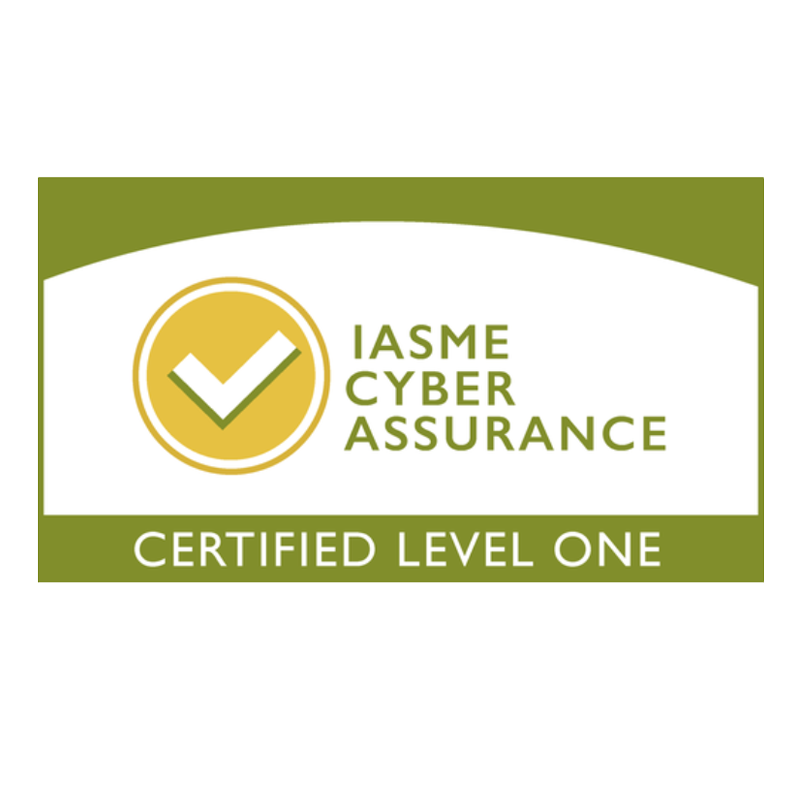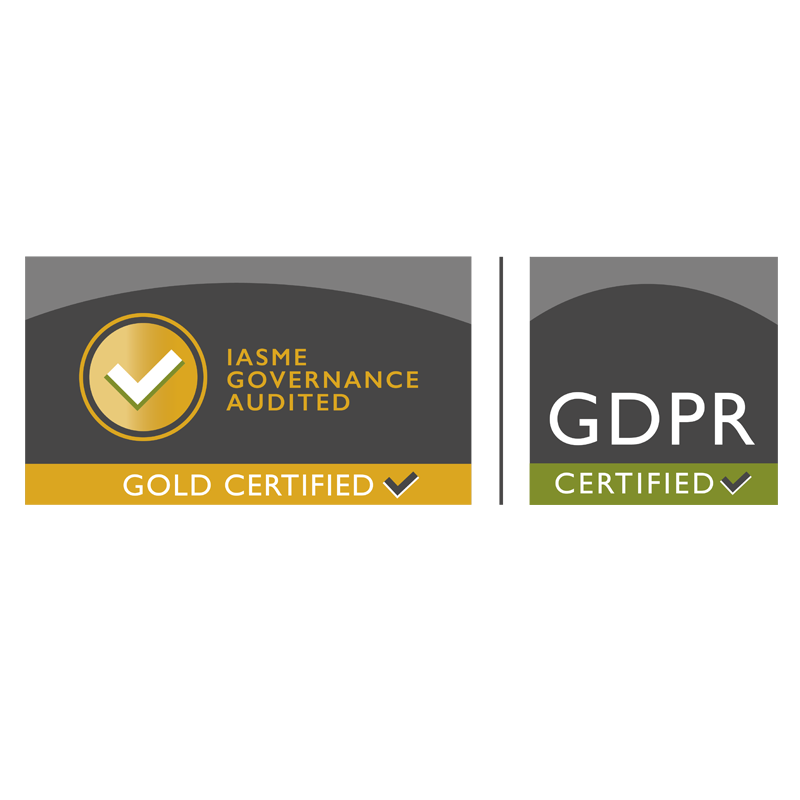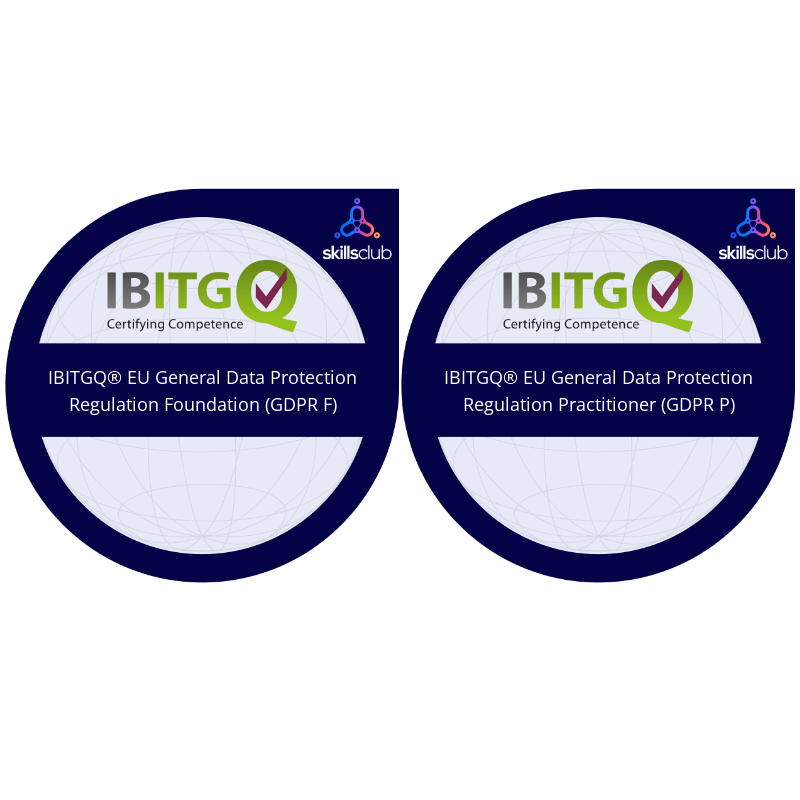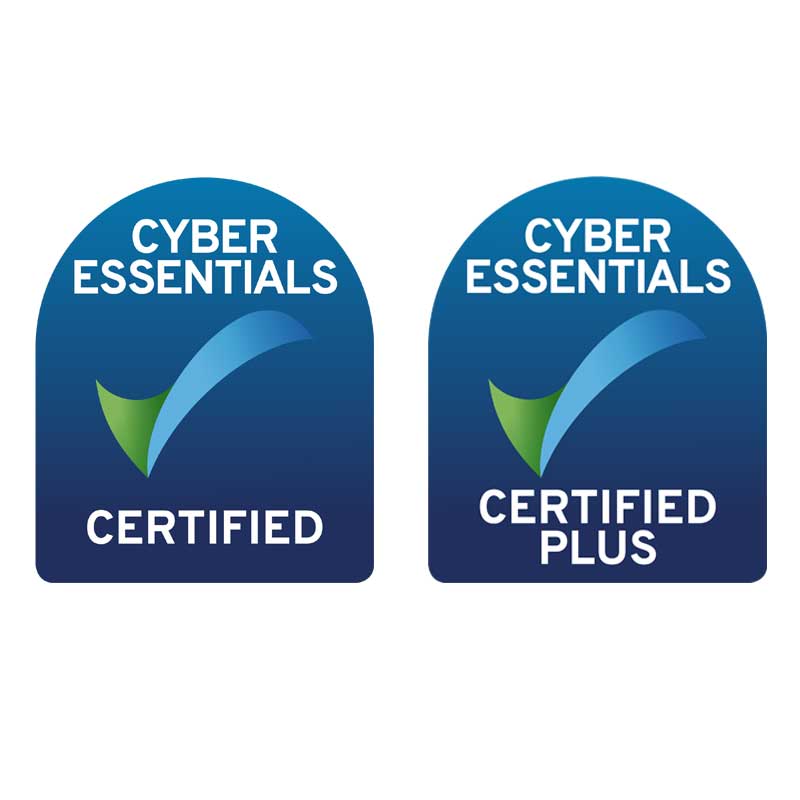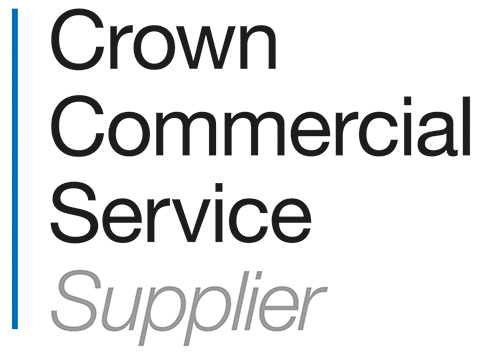Exciting Times Ahead!
This post includes snippets of information that you may find useful or interesting in the countdown to the start of the apprenticeship levy & reform.
I don't know about you but I feel like there is a collective holding of breath in anticipation of all the new rules, registers and standards.
There are exciting times ahead but I have a sneaking suspicion it isn't all going to be plain sailing.

The 10th National Apprenticeship Week will soon be upon us, 6th - 10th March and the SFA have just released a Communications Update newsletter with lots of information on how you can join in and support NAW.
There is also a templates page with information on PR and press releases for your events.
RoATP Results
If you've applied to the first opening of the Register of Apprenticeship Training Providers (RoATP) you only have a few weeks more to wait to find out the results.
I've had it from several SFA sources that 7th March 2017 is announcement day but contracts won't be allocated until the end of March.
This could be a very exciting National Apprenticeship Week for those successful applicants!
The SFA are also planning a series of workshops for those successful providers who will change from subcontractor to lead.
With luck the second round of RoATP applications will be announced before May but according to FE Week the SFA are reluctant to say.
Institute for Apprenticeships
If you have opinions on how the Institute of Apprenticeships is to function then you have until 27th February 2017 to have your say on their draft operational plan.
The Institute of Apprenticeships board members were introduced in an interesting FE Week article which also highlights the distinct lack of representation by independent training providers, 7 out of 8 being college appointments.
Framework Withdrawals
The 4th batch of framework withdrawals has been announced for new starts as of 1 April 2018.
Click to download the latest list of withdrawn frameworks.
There is another consultation survey which is open from Wednesday 22 February to Wednesday 5 April 2017 so pop along and have you say!
Approved Standards
The list of approved standards is steadily growing but there are still quite a few standards still in development.
There are only 48 companies on The Register of Apprenticeship Assessment Organisations as I understand the application process is really quite rigorous.
Funding Bands
Just a reminder that all frameworks and standards fall within the 15 funding bands as of May 2017, the spreadsheets can be downloaded below.
Apprenticeship standards: funding bands
Apprenticeship frameworks: funding bands from May 2017

If you aim to deliver standards as of May you will need to factor in the cost of the end point assessment, as this is included in the upper limit price and not an additional cost.
Only organisations found on The Register of Apprenticeship Assessment Organisations can perform this task.
Considering an MI System?
No matter how you decide to manage your data in the early stages you must take into account that your obligations don't stop with ILR submissions as you will be in scope for Ofsted inspections too.
Athena MIS is packed with tools for internal tracking and progression of a learner journey as well as the all important ILR generating features.
An introduction to Athena MIS & RAIL outlines all the current features and benefits Athena MIS & RAIL provides for the management of your learner, employer, contract and subcontracted data.
We have a fully functional demonstration site and a You Tube channel full of 'How To..' videos to give you an idea of what Athena MIS is capable of.
This email address is being protected from spambots. You need JavaScript enabled to view it. to check it out!
We now also offer a data management service including ILR validation and submission!
Get Our Updates!



















